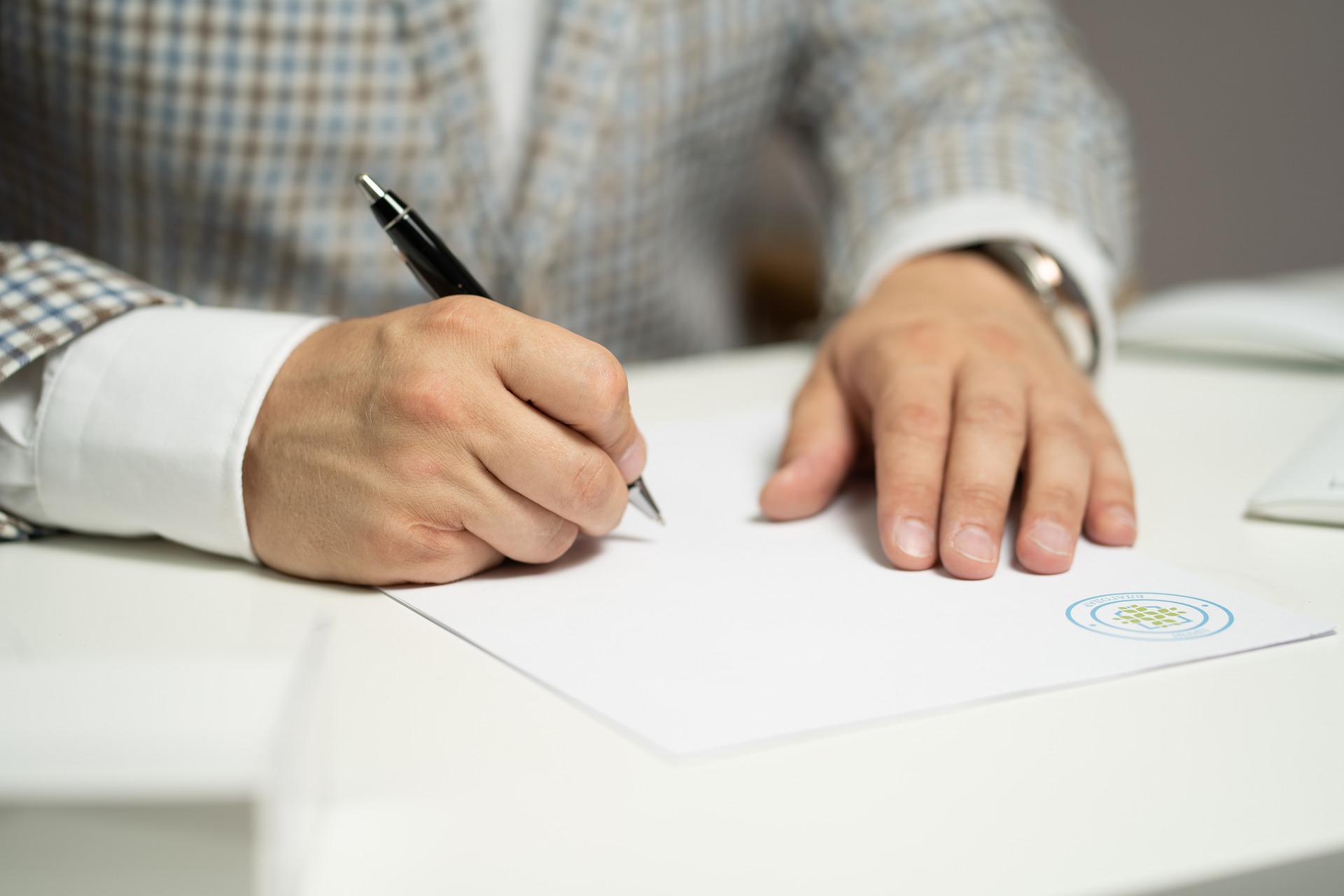When clients bring us documents for translation, it often happens that they are insufficiently informed about the translation procedure. The unwritten rule is that most of them are not familiar with the Apostille seal – very important for international legal traffic. So, we ask them about the Apostille, they ask us: “Apostle?”, “What is it”? “Who issues that stamp”? “Why do I need it”? and the like.
What is the Apostille?
Apostille is a seal that is placed on public documents, which confirms the authenticity of the seal and signature of the official on the public document. Put simply, the Apostille is a “re-certification” of public documents. Strange, isn’t it? Why would someone re-certify an already certified document? Well, the Apostille seal actually facilitates our international legal traffic, that is, the exchange of public documents between different countries.
Before the agreement on the introduction of the Apostille seal was concluded, there was, although only a formal, complicated procedure for the legalization of public documents. In order to use a public document issued in one state in some other, that public document had to be legalized. As international legal traffic developed and the needs of the modern world changed, the legalization process, as such, became complicated.
With the agreement at the level of a certain number of states to sign the Convention on the Abolition of the Need for Legalization of Public Documents in The Hague on October 5, 1961, the legalization process was replaced by the Apostille seal. The Apostille seal becomes the only formality that may be required in order for public documents issued in the territory of one State Party to the Convention to be used in the territory of other States Parties to the Convention. In that case, public documents issued on the territory of another state with the Apostille seal have the probative force of public documents of those states.
Public documents on which the Apostille seal is affixed
The Convention determines which public documents the Apostille seal is affixed to and to which it cannot be applied. The Apostille seal is affixed to all documents issued by: bodies or officials of the state judiciary, the public prosecutor’s office, court clerks and bailiffs; then, on administrative documents, documents issued or certified by a notary public, official allegations of entries in public books and official verifications of signatures on private documents.
It does not apply to documents issued by diplomatic and consular representatives and to documents directly related to a trade or customs business.
Form and issue of the Apostille seal
The Apostille seal has its form in order to be recognizable in all signatory states to the Convention. It is placed on the public document itself or on its appendix. It may be drafted in the official language of the issuing authority, but its title: “Apostille (Convention de La Haye du 5 octobre 1961”) must be in French in order to be recognized and accepted by the authorities of the Contracting States.
Before you bring public documents for translation, you need to check if they need to be certified by an Apostille. If necessary, the Apostille verification is done first. In all (*) signatory countries to this Convention, the Apostille is placed on the original, after which the public documents are brought for translation. Then the content of the public document and the Apostille seal itself are translated.
It is issued at the request of each document holder. In Serbia, the Basic Court is competent to issue the Apostille Seal, in whose area of jurisdiction are the bodies that compiled, issued or certified public documents. The apostille is signed by the president of the Municipal Court or a judge when authorized by him and is provided with the seal of that court. The price of the fee for the Apostille seal is (currently) 2,050 dinars. For verification, it is necessary to submit a receipt for payment of the fee, the original document and one photocopy of it. The verification is ready the same day, so you can submit your documents with the Apostille seal to us for translation on the same day.
* Exceptions are Italy and Belgium
